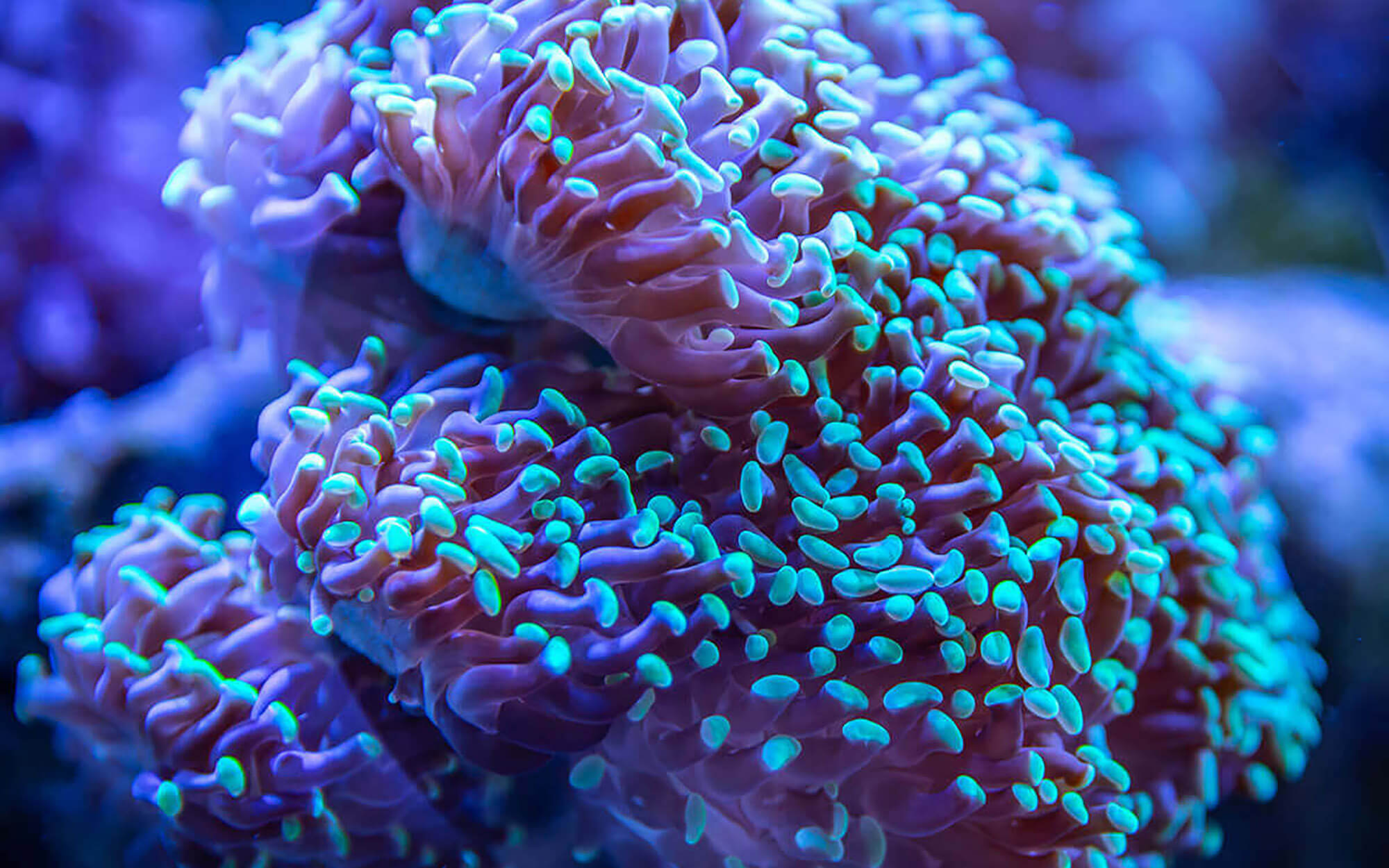Project title: Upscaling and optimizing coral sexual propagation technologies for coral restoration in the Caribbean
Project lead: Rita Sellares Blasco
Co-applicants: Maria Fernanda Villalpando, Francesca Virdis, Aric Beckel
Countries involved: Netherlands, Dominican Republic, United States of America
Takes place: Bonaire (the Netherlands); the Dominican Republic
Supporting institutions: FUNDEMAR – Fundación Dominicana de Estudios Marinos, Reef Renewal Bonaire, SECORE International
Total budget: USD $1,388,943.00
Duration: 36 months
Project overview
Caribbean coral reefs are under threat from widespread coral diseases, bleaching events, and local environmental pressures. While reducing stressors is critical, improving restoration methods is equally necessary.
In the past three years, this research team has been seeding over 11,500 substrates with over 500,000 larvae to local reefs, the highest coral recruit production reported in the Caribbean region. With half a million coral larvae already seeded, this project focuses on optimizing coral sexual propagation technologies, aiming to boost coral production, reduce mortality rates, and cut costs.
As part of the project, a land-based facility for coral larval rearing will be established in the Dominican Republic and a second one will be planned and designed to be implemented in Bonaire. Together, these facilities will allow scaling up coral larvae production in the Caribbean by doubling seeding units produced while reproducing more coral species.
By engaging local communities—including coral restoration practitioners, students, the tourism industry, dive centers, and fishermen—this project ensures widespread support and sustainability. The protocols and guidelines that will come out of this project will allow readily transferring knowledge and technology to Cuba, Costa Rica, Colombia, and Honduras.
Specific objectives
This project aims to optimize assisted coral reproduction techniques, specifically, various steps in the sexual reproduction of corals. The project aims to:
- Improve assisted coral reproduction techniques in the Dominican Republic and Bonaire
- Double coral larvae production capacity in the Dominican Republic and start the process in Bonaire.
- Promote technology transfer between project partners and external stakeholders.
How the objectives will be met
- Implement and test novel assisted coral reproduction techniques and technologies, including gamete collectors and new substrates.
- Double coral larvae production capacity by expanding the land-based larval rearing facility in the Dominican Republic and planning a new one in Bonaire.
- Annual or biannual knowledge exchanges between FUNDEMAR and Reef Renewal Bonaire.
- Share findings with external experts and stakeholders through workshops, webinars, and a documentary to promote replication of the optimized assisted coral reproduction techniques.
Impact of the project
This project will directly strengthen coral restoration efforts in the Caribbean by testing and refining novel coral propagation techniques. The outputs of the project, such as protocols and guidelines, will be used to transfer the technology and lessons learned to other regions, including Honduras, Colombia, Costa Rica, and Cuba.
The successful implementation and transfer of these methodologies will lead to the widespread use of cost-effective, high-efficiency coral restoration methods.
Major highlights
- Expansion of coral rearing facilities in the Dominican Republic and Bonaire.
- Successful technology transfer and collaboration between institutions in the Caribbean.
In 2024:
✅ Renovated and expanded the coral-rearing facility in the Dominican Republic.
✅ Developed blueprints for the Bonaire facility.
✅ Developed individual coral gamete collectors.
✅ Created a new substrate to enhance coral larvae settlement.
To learn more about this project, watch the episode 5 of our web series.

